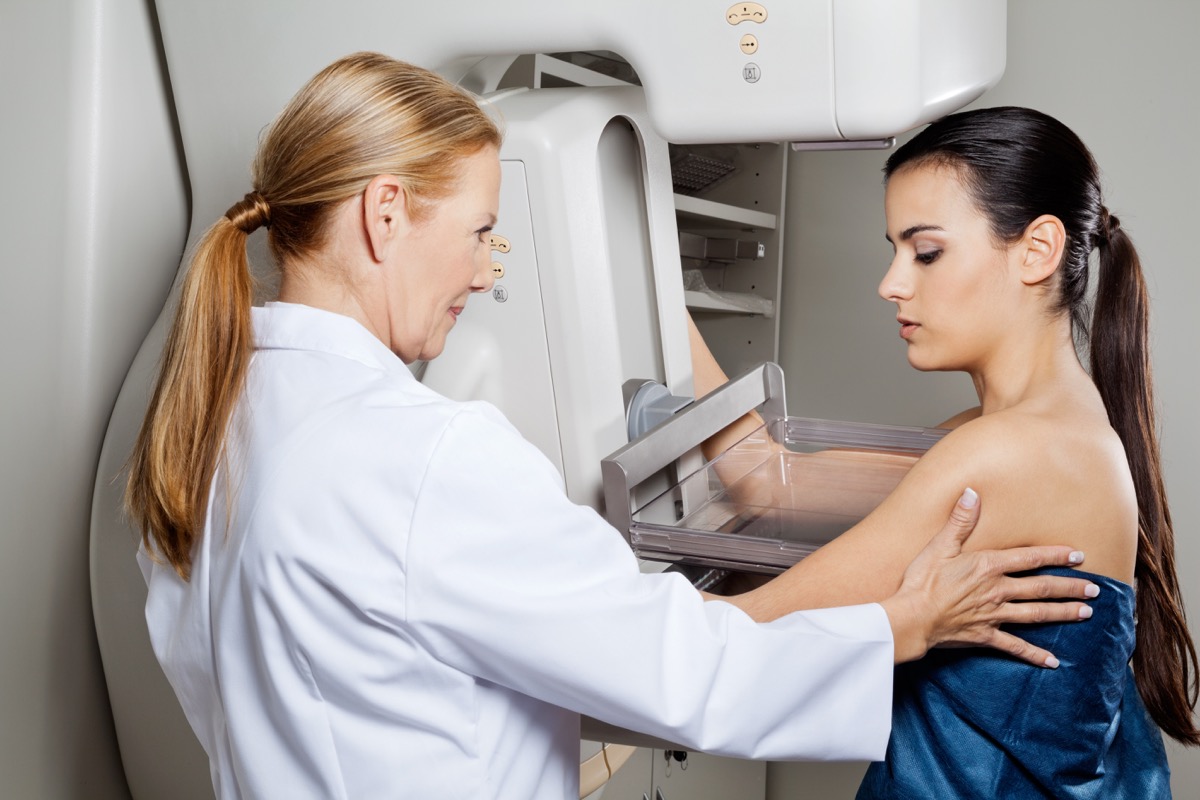Now What?

Once you have received a diagnosis, it is time to act fast. Your doctor will order the panel of tests needed to give your disease a stage and a treatment plan. These can include a CT scan, a bone scan, a PET scan, lymph node biopsies, and blood work. This will tell your doctors whether the disease has spread to your lymph nodes or to other parts of the body.
Treatment plans are tailored to the type of cancer, the stage, and other variables. In most cases, treatment for inflammatory cancers will include:
- Surgery, to remove all cancerous tissues
- Radiation, a type of treatment that uses high energy rays of light and heat to kill cancerous cells
- Chemotherapy, which is a cocktail of drugs that kill abnormal cells preferentially
It is normal for people who get a diagnosis to be extremely scared. You may have a wide range of emotions including depression and answer as well. Many of the treatments are painful and inconvenient. It is important that you get the support you need. In addition to asking loved ones for support, there are many support groups and specialized forms of therapy for people with serious illnesses. These can also help you learn more about different treatment options and ways of coping.
Although the emotions can be difficult, it is crucial that you get early diagnosis and treatment. Follow your doctor’s instructions exactly. This will give you the best possible chance of beating IBC and moving on with your life intact.
More from Things Health
-
What is Cancer and How Does It Work?
We all know what cancer is, but understanding how it works and why people get cancer at all can be confusing. Cancer starts when cells…
-
Thyroid Cancer
Each type requires a different kind of prognosis and treatment. This is the most typical type of thyroid cancer, it can make up about 80%…
-
Symptoms Of Ovarian Cancer
Ovarian cancer is often referred to as a quiet disease as it usually isn't discovered until it is in the advanced phases. In nearly all…
-
Symptoms Of Prostate Cancer
Cancer of the prostate affects more than 200,000 men each year in the US alone. Worldwide statistics for prostate cancer continue to grow tremendously, and…
-
Types Of Skin Cancer
Skin cancer happens when skin cells are damaged, for instance, by overexposure to ultraviolet rays from the sun. Melanoma - the most dangerous type of…

















